![]()
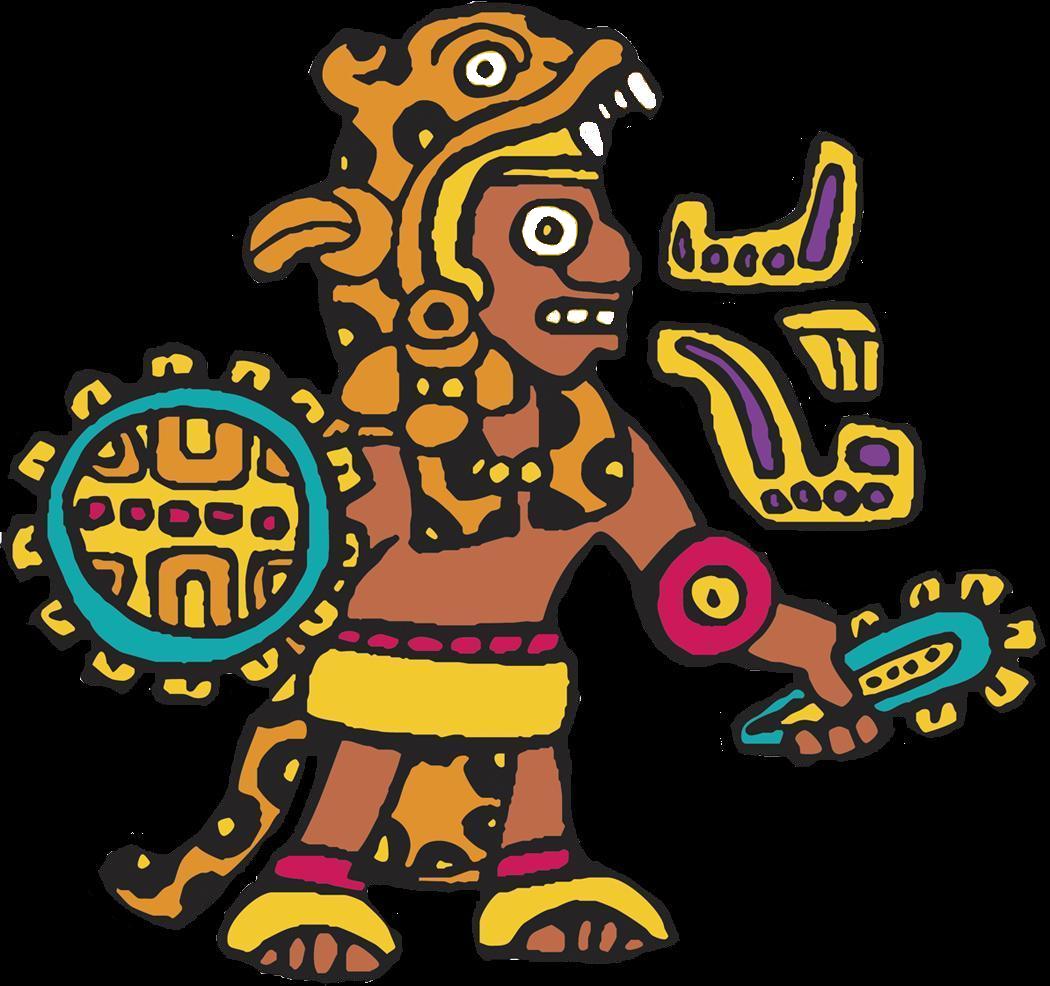
coloured.jpg)
Who does the Amazon really belong to?
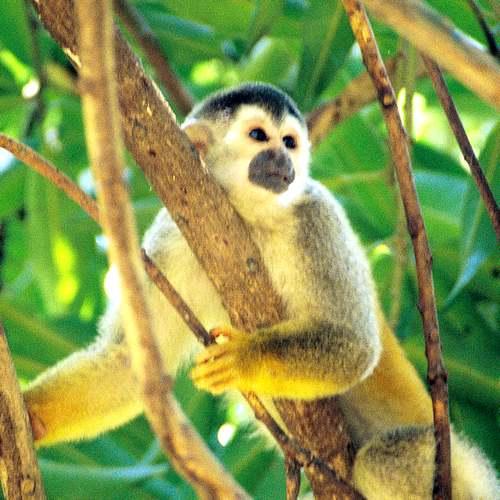
by Theo van Rossum
First off I would really like to express my admiration for Dutch biologist Marc van Roosmalen (link to his website on the right of this page) for his incredible courage and determina-tion to fight for the Amazon forest in Brazil. After discovering new species of animals in the Amazon he suggested for the Brazilian government to declare the Amazon forest world he-ritage. However, Brazil had other plans because the growing of soya would yield millions for the country. He has been fal-sely accused of many different things like stealing someone's scaffolding for which evidence was never presented and kee-ping a monkey in his house, which appeared to be perfectly legal at the time but facing a prison sentence of almost 16
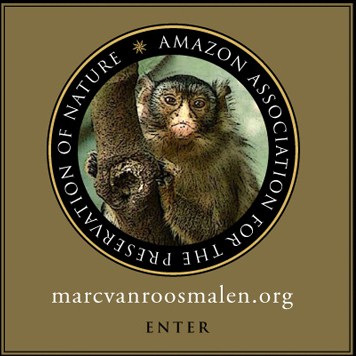
squirrel monkey
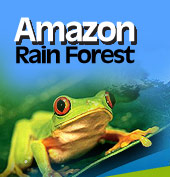
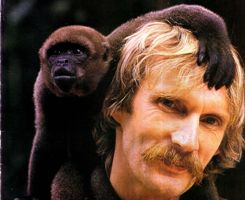
Marc van Roosmalen
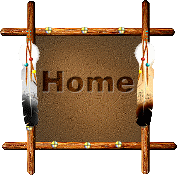
back to articles

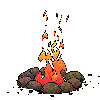
1
1
This article in other languages